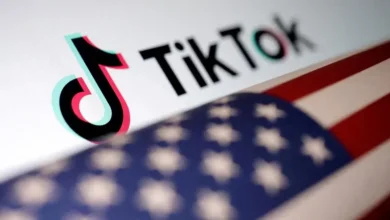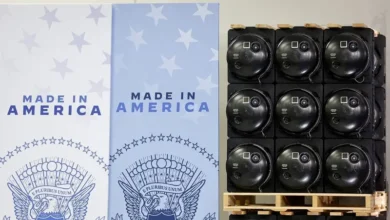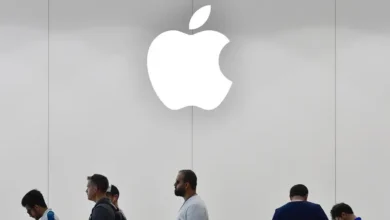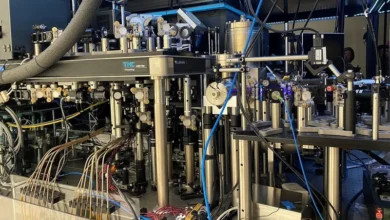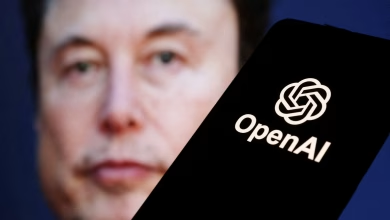China slams US ‘bullying’ over new chip warnings
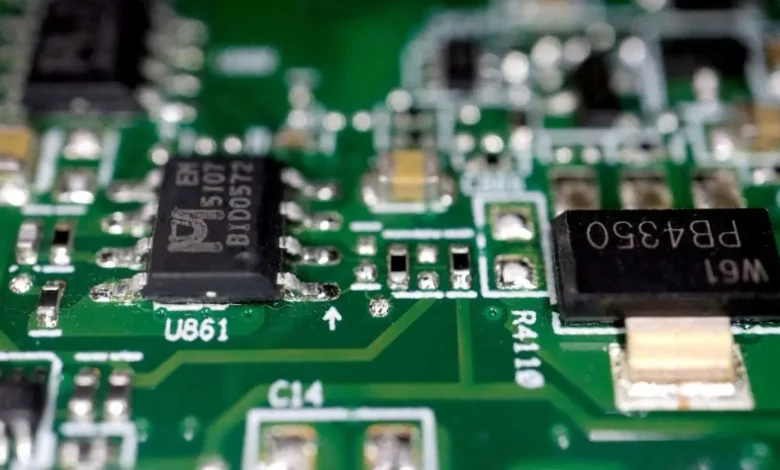
Beijing condemned new US warnings on the use of AI chips made in China on Wednesday, vowing to take steps against what it called “bullying” efforts to restrict access to high-tech semiconductors and supply chains.
Washington has in recent years sought to curb exports of advanced chips to China, citing concerns that they could be used to bolster Beijing’s military capabilities and undermine US dominance in artificial intelligence.
US President Donald Trump’s administration last week rescinded some export controls on advanced computing semiconductors, responding to calls from countries that said they were being denied access to critical technology needed to develop AI.
Some US lawmakers had expressed concern that the export restrictions would have pushed other countries toward China for AI chips, accelerating Beijing’s development of cutting-edge technology.
But Washington also issued new guidelines warning firms that using Chinese-made AI semiconductors—specifically those made by tech giant Huawei, such as its Ascend chips—could violate US export controls.
In a statement Wednesday, Beijing’s commerce ministry described the new warnings as “typical unilateral bullying and protectionism, which seriously undermine the stability of the global semiconductor industry chain and supply chain.”
China accused the US of “abusing export controls to suppress and contain China.”
“These actions seriously harm the legitimate rights and interests of Chinese enterprises and endanger China’s development interests,” the ministry said.
It also warned that “any organization or individual that enforces or assists in enforcing such measures” could be in violation of Chinese law, and vowed to take “firm steps to safeguard its legitimate rights and interests.”
The United States last week also warned of the potential consequences of allowing US-made AI chips to be used in training Chinese AI models.
The US Commerce Department said its policy aims to share American AI technology “with trusted foreign countries around the world, while keeping the technology out of the hands of our adversaries.”
Previous US rules categorized countries into three tiers with varying levels of access. Top-tier nations like Japan and South Korea faced no restrictions, while second-tier countries—including Mexico and Portugal—faced caps on the number of chips they could receive.
Chipmakers such as Nvidia and AMD lobbied against the tiered framework, and their share prices rose after the Trump administration signaled a potential rollback of the policy.
Speaking at Taiwan’s top tech exhibition on Wednesday, Nvidia CEO Jensen Huang criticized US export controls on AI chips to China as a “failure,” noting that Chinese companies have responded by accelerating their own technology development.
“The local companies are very, very talented and very determined, and the export control gave them the spirit, the energy and the government support to accelerate their development,” Huang said.


